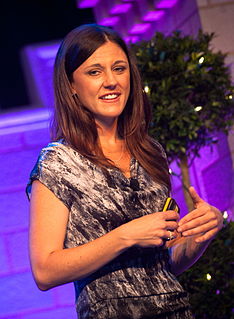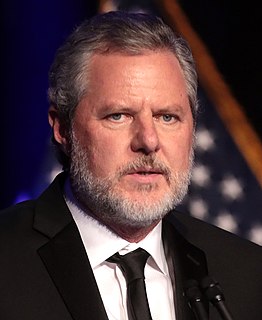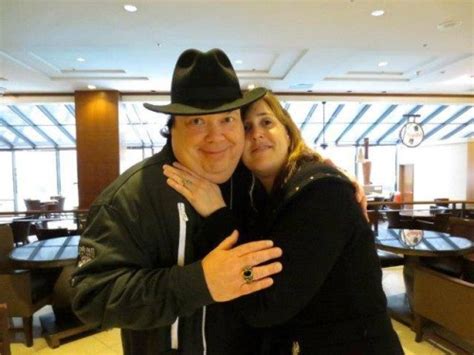A Quote by Ravi Zacharias
We do our universities a disservice when we brand them as a lost cause. There are some frightfully honest students out there, and when their questions are respectfully dealt with, many admit their vulnerability.
Related Quotes
The difference between our collective generation and your generation (differentiating the reporters from the students) is that we poured our souls out on paper that got easily yellowed and lost. The danger is that many of your friends (nodding at the students) are putting intimate ideas in cyberspace journals. So when today's 15-year-old is 40, some friend is going to drag out all of that idiotic stuff at their class reunion.
The people who lost the elections do not want to admit that they really lost, that the one who won was closer to the people and better understood what ordinary voters want. They are absolutely reluctant to admit this, and prefer deluding themselves and others into thinking it was not their fault, that their policy was correct, they did all the right things, but someone from the outside thwarted them. But it was not so. They just lost and they have to admit it.
If we respect students abilities to define their own experiences, to generate their own hypotheses, and to discover new ways of categorizing the world, we might not be so quick to evaluate the adequacy of their answers. We might, instead, begin listening to their questions. Out of the questions of students come some of the most creative ideas and discoveries.
Like many others, I have deep misgivings about the state of education in the United States. Too many of our students fail to graduate from high school with the basic skills they will need to succeed in the 21st Century economy, much less prepared for the rigors of college and career. Although our top universities continue to rank among the best in the world, too few American students are pursuing degrees in science and technology. Compounding this problem is our failure to provide sufficient training for those already in the workforce.
One of the most difficult problems of our age is that leaders, and perhaps academics as well, cannot readily admit that things are out of control and that we do not know what to do. We have too much information, limited cognitive abilities to think in systemic terms and an unwillingness to appear to be in control and to have solutions for our problems. We are afraid that if we admit to our confusion, we will make our followers and students anxious and disillusioned. We know we must learn how to learn, but we are afraid to admit it.
Many of the questions we ask God can't be answered directly, not because God doesn't know the answers but because our questions don't make sense. As C.S. Lewis once pointed out, many of our questions are, from God's point of view, rather like someone asking, "Is yellow square or round?" or "How many hours are there is a mile?



































